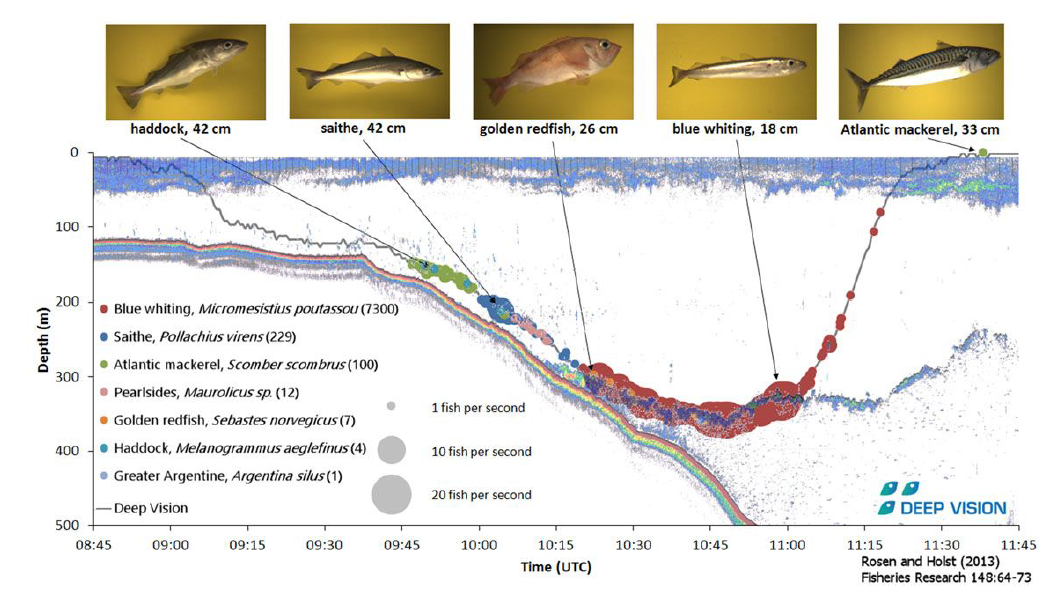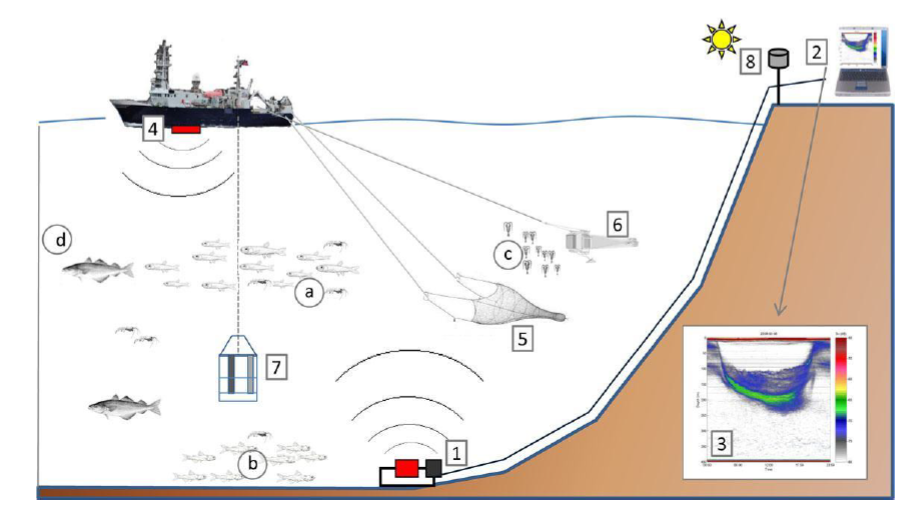PRIMA Learning
Hands-on learning with world leading technology!

Main content
The PRIMA LEARNING seeks to support mobility and strengthening of research networks on ocean sciences between Norway and South Africa in 2019-2023. It is a cooperation between research and education institutions in the two countries.
In PRIMA LEARNING research and education meet. Our approach is capacity building through research, combined with international experience and the establishment of networks for young researchers. We organise and fund workshops, intensive university courses, and participation on research cruises. Our courses and workshops include active teaching and learning methods, with an emphasis on hands-on learning or practical skills of sampling techniques
PRIMA LEARNING is built around the philosophy of BIO's Centre for Excellence in Teaching, bioCEED, and integrates active learning of theory, practical skills training, and societal relevance.
What does PRIMA LEARNING fund?
- Up to three-month research visits between Norwegian and South African universities and research institutes.
- Participation on training courses and workshops. See plan below.
- BIO299 Research Project students at UiB who are doing field and/or lab work on themes from the Benguela, around the African coast.
Who can apply? Researchers, PhD students and Master students in marine and climate sciences.
How do I apply? Write a short plan for your research visit. Include a budget and an invitation letter from the host. Students must provide a support letter from their supervisors.
Send your application to the project leader: Anne.Salvanes@uib.no
Workshops
| When? | Where? | What? |
| Spring 2023 | Bergen | Acoustics and advanced sampling techniques |
| Spring 2023 | Cape Town | Stable isotope techniques for studies of trophic ecology |
| Spring 2023 | Cape Town | Jellyfish ecology |
The Department of Biological Sciences (BIO) at the University of Bergen (UiB) is the project owner. UiB offers academic programs in Marine biology and Fisheries science. The main partner in South Africa is the University of Western Cape (UWC) complementing with their programme in Biodiversity and Conservation. UWC also houses the Southern African Nordic Centre (SANORD). The South African Department of Agriculture, Forestry and Fisheries (DAFF) is our second South African partner, offering knowledge on local marine biology, as well as expertise in applied research and resource asessment, research vessels and laboratories.
Deep Vision technology for in-trawl species identification developed under the Centre for Research-based Innovation in Sustainable Fishing and Pre-processing technology (CRISP) at the Institute of Marine Research (IMR) will be made available for PRIMA LEARNING teaching and research cruises. The EAF-Nansen program (IMR, FAO) will provide the use of R/V "Dr. Fridtjof Nansen" to collect new data, and make previous data materials from the former Nansen-programs available for studies.
The board of PRIMA LEARNING: Principal Investigator Prof. Anne GV Salvanes (BIO, UiB), Prof. Dag L. Aksnes (BIO, UiB), Prof. Mark Gibbons (UWC), Carl van der Lingen (DAFF), Bjørn Erik Axelsen (IMR), Shale Rosen (IMR), and Gabriella Bianchi (EAF-Nansen).
PRIMA LEARNING is supported by the International Partnerships for Excellent Education and Resarch (INTPART) programme – managed by Research Council Norway and The Norwegian Agency for International Cooperation and Quality Enhancement in Higher Education (Diku).

